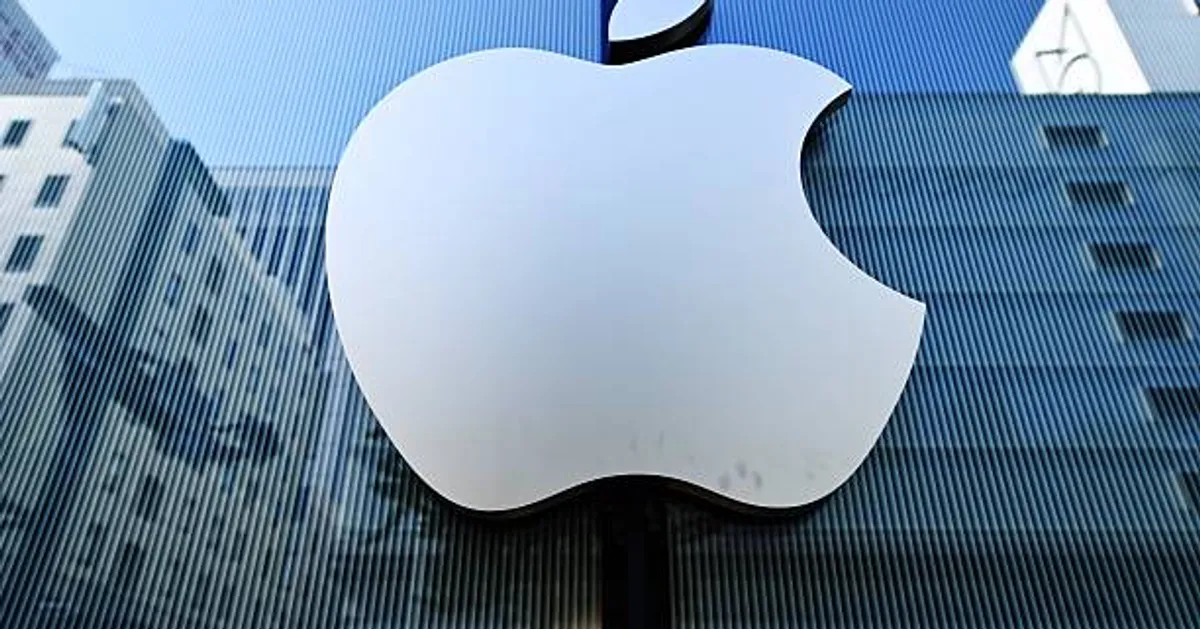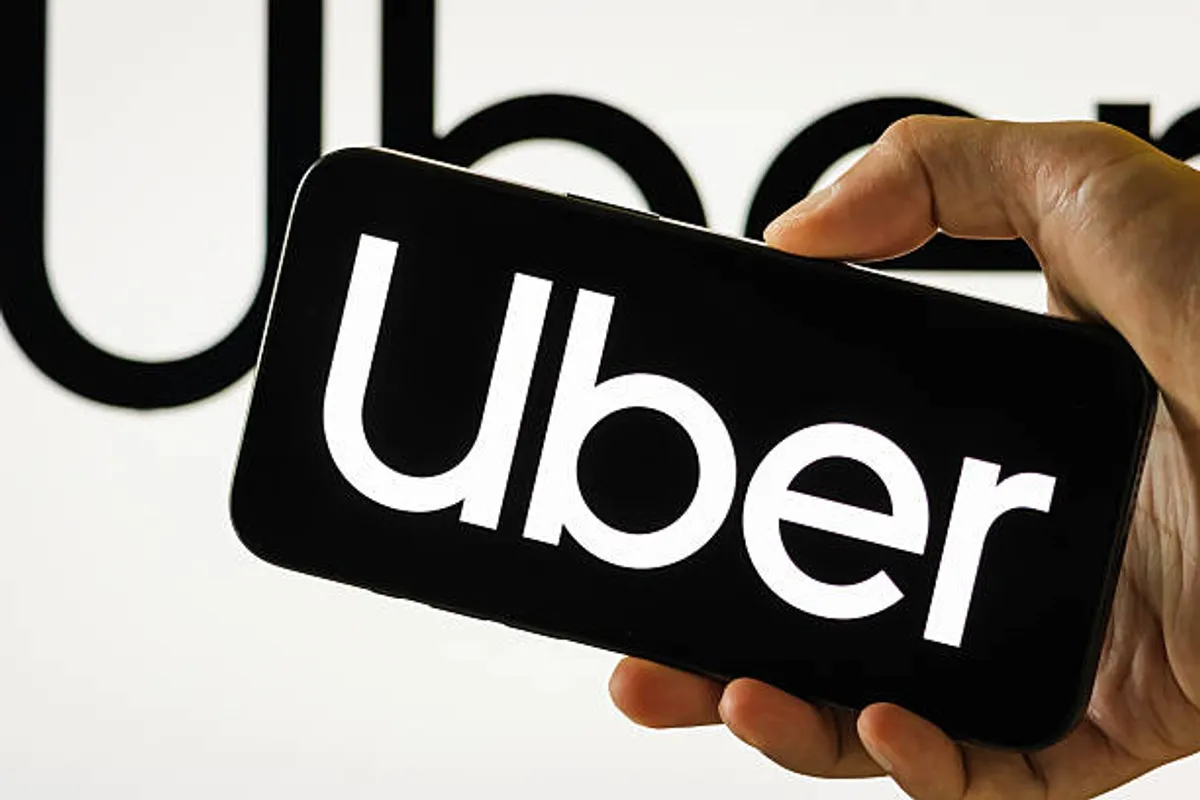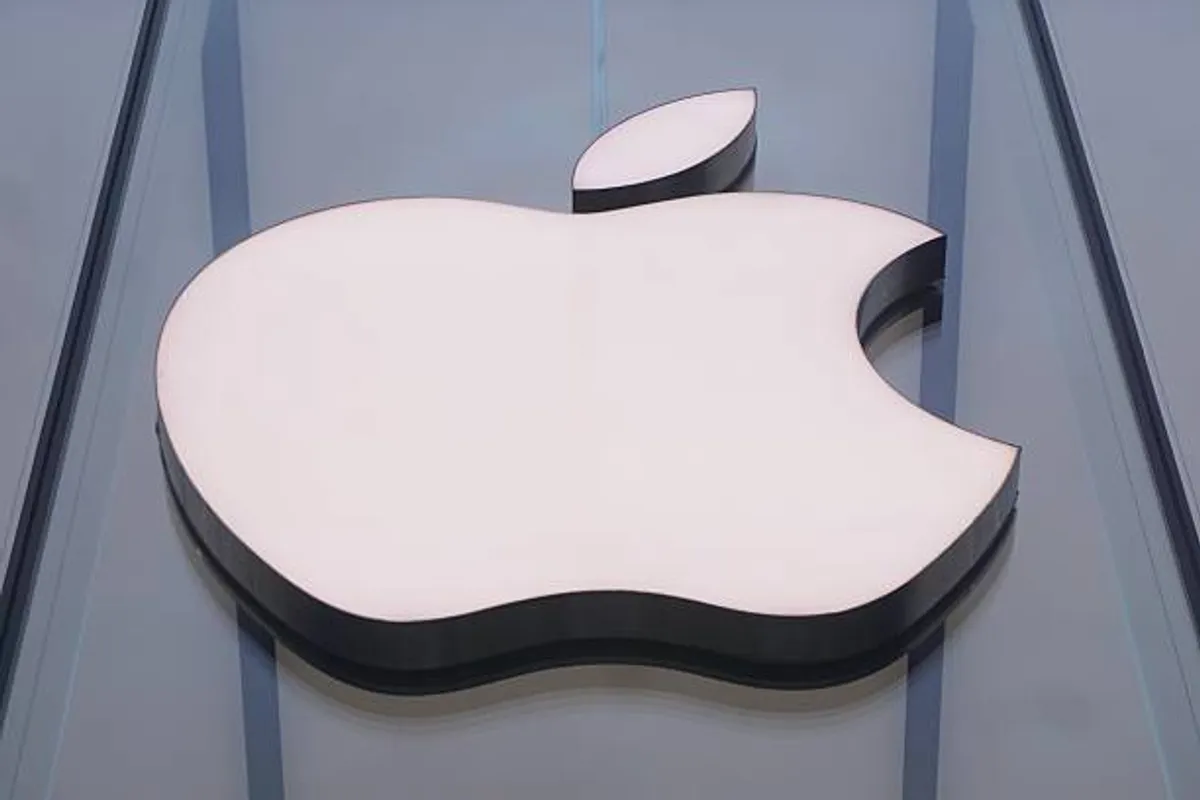Apple Loses UK Court Battle Over App Store Commissions

GeokHub

Apple has lost a landmark legal battle in the United Kingdom after a tribunal ruled that the tech giant overcharged app developers through unfair App Store commissions. The decision marks one of the most significant antitrust rulings against the company in Europe and could open the door to compensation claims worth up to £1.5 billion.
The UK Competition Appeal Tribunal (CAT) found that Apple used its dominant market position to impose excessive fees on developers between 2015 and 2020. During this period, the company charged commissions of up to 30 percent on app sales and in-app purchases — a rate the court described as “unfair and disproportionate.”
According to the tribunal, a fairer commission would have been closer to 17.5 percent, meaning developers and consumers were effectively overcharged. The court added that roughly half of the excessive fees were passed on to iPhone and iPad users through higher app prices.
The ruling followed a class-action case filed on behalf of tens of millions of UK consumers, accusing Apple of using its App Store rules to block fair competition and inflate costs.
In a statement, Apple said it “respectfully disagrees” with the judgment and intends to appeal, calling the tribunal’s view of the App Store “misguided.”
The company defended its platform as a secure, trusted space for developers and users, arguing that its commission structure supports innovation, security, and privacy. Apple added that its policies ensure a level playing field for small developers while maintaining quality standards for users.
Still, the verdict represents a major blow to Apple’s defense strategy in ongoing global disputes over App Store control and revenue sharing.
Legal experts say the ruling could reshape how app marketplaces operate, setting a new precedent for competition law in the UK and beyond.
It comes as regulators in Europe and the United States tighten scrutiny of tech giants over their dominance in digital platforms. The European Union’s Digital Markets Act already requires Apple and other major firms to open their systems to third-party app stores and alternative payment options — a move Apple has resisted for years.
For developers, the decision may mark a turning point. Lower commission rates could improve profitability and encourage new entrants into the app market, while consumers might see lower app prices in the long run.
What Happens Next
The tribunal will hold a separate hearing in November to determine the compensation Apple must pay. Depending on the outcome, millions of UK iPhone and iPad users could be entitled to partial refunds for inflated app prices.
If Apple’s appeal fails, the company may have to re-evaluate how it structures App Store fees globally — a shift that could reverberate across the tech industry.








